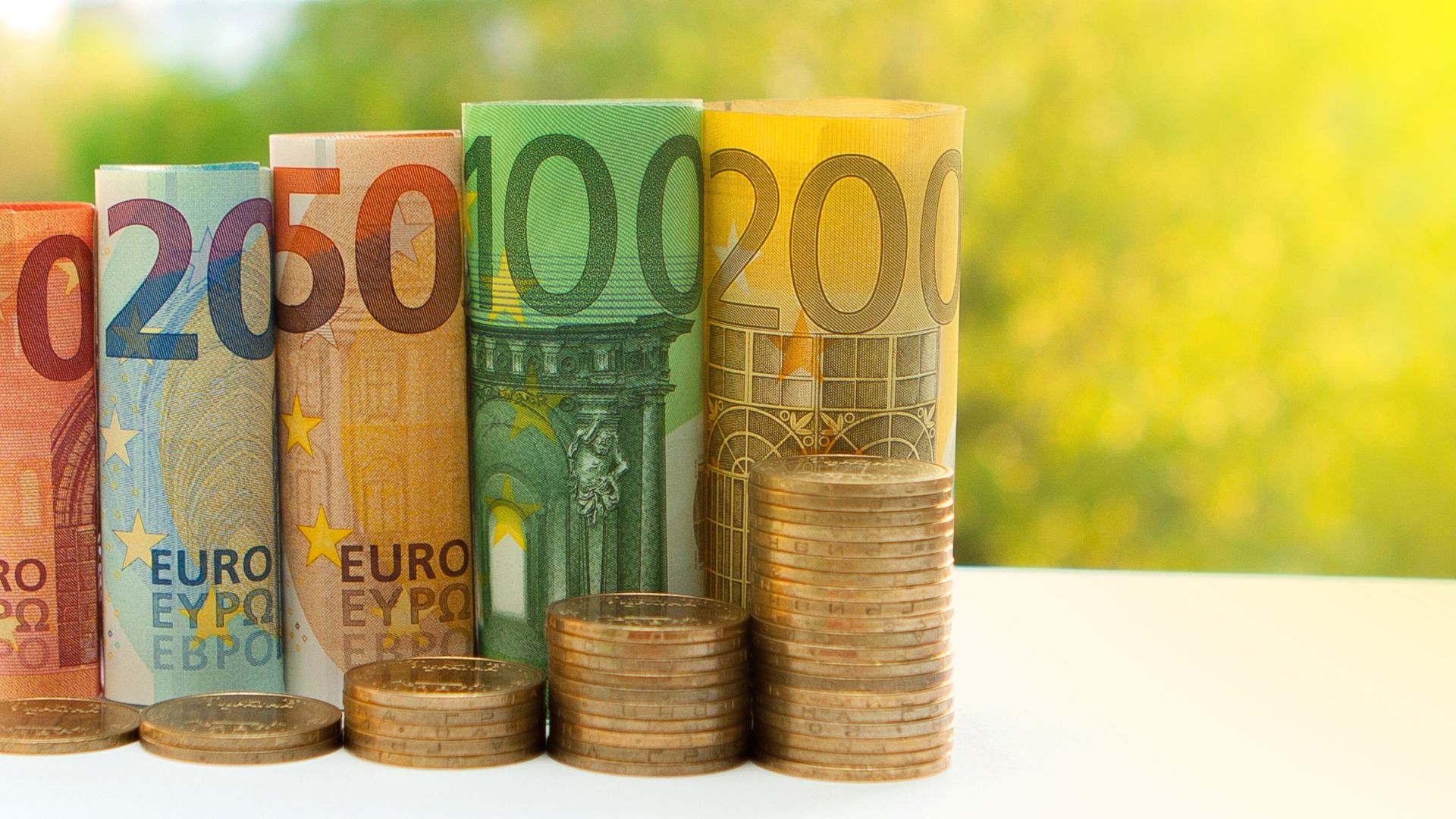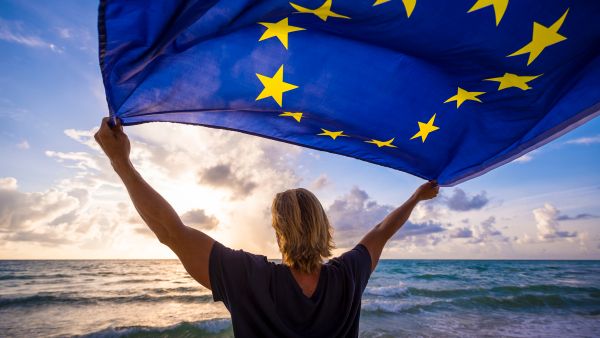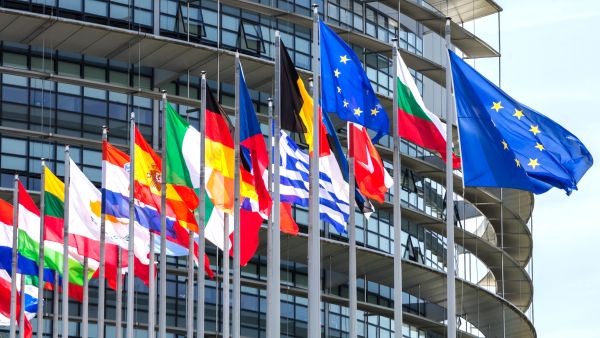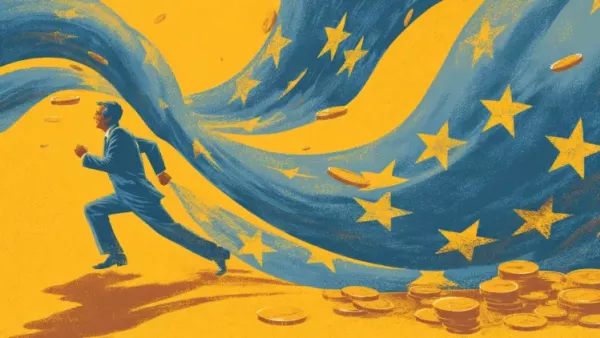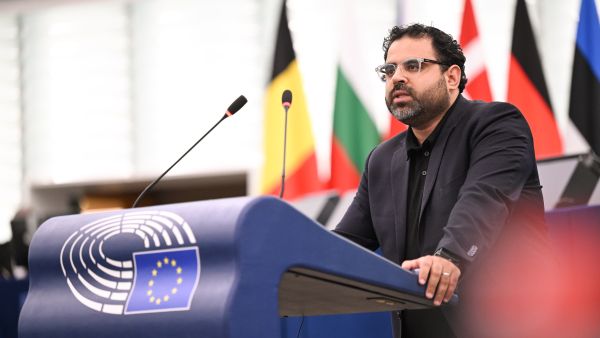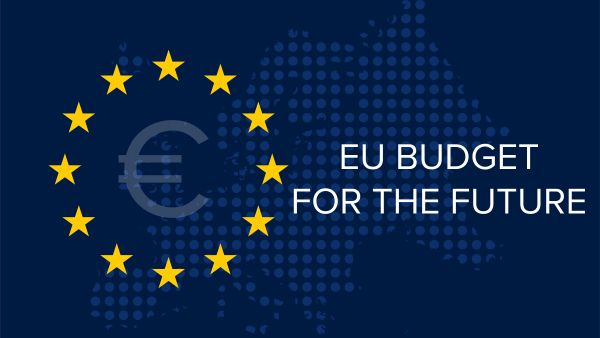Socialists and Democrats defended in a vote in the European Parliament on Wednesday their position on a new system of own resources for the EU’s budget to help finance the Recovery Plan. The Parliament is calling for a binding calendar as of 1 January 2021 for the adoption of these new sources of revenue. MEPs argue that sufficient time will have to be given to the member states to complete their long ratification procedure before the launch of the Recovery Plan by 2021.
Elisabetta Gualmini, S&D spokeswoman on own resources, said:
“The financial gap of 12 billion euros per year in the EU budget, generated by the departure of the UK, together with the emergence of other challenges, such as Covid-19, climate change and instability in the EU neighbourhood, and the urgency to fully finance the Next Generation EU in the next years, makes the need to find new resources even more pressing.
“Thanks to our relentless negotiations, political groups in the European Parliament have reached an historical agreement over the most ambitious set of compromises ever achieved on this subject - own resources that are within our reach, such as those based on a Financial Transaction Tax, a Digital Service Tax and a Carbon Border Adjustment Mechanism, but also those generated by an extension of the existing Emission Trading Scheme, a Common Consolidated Corporate Tax and a contribution on non-recycled plastic packaging. However, this is not a closed list. As we have decided in the committee on budgets, further own resources can be added, as could be a Single Market Levy for the big multinationals that benefit from the participation in the Single Market.”
Eider Gardiazabal, S&D spokeswoman on budget, said:
“It has always been our Group’s and the European Parliament's vision that new own resources shall be generated by the implementation of policies that no member state could pursue on its own, such as making rich tax evaders, speculators and big polluters pay for their damages to society and to the environment. In other words, new own resources, shall be collected according to policy objectives linked to the implementation of the Green Deal, a fairer internal market and the related digital transformation. Such an approach would allow the transfer of the tax burden from ordinary citizens to billionaires and big multinational corporations. Moreover, we are asking for a commitment by 1 January 2021 to establish a calendar, whose binding character shall be legitimised by an Interinstitutional Agreement, for the introduction of new own resources, over a time span ranging from 2021 to 2028 at the latest.”
Eric Andrieu, S&D vice-president in charge of budget, said:
“In the current emergency situation, unleashed by Covid-19 and its side effects on the economy of the Union, the European Council thinks that taxing plastic, digital and the carbon adjustment would be enough both politically and financially. They couldn’t be more wrong! We must defend a common, consolidated tax base for companies; we need a tax on digital services; a tax on financial transactions; we need a tax on non-recycled plastic and a proper Emissions Trading System. These are not wishes, these are facts!
“With growing challenges and less resources, the EU needs to strengthen its own budget by collecting new own resources. The alternative would be raising GNI contributions, meaning more taxes on ordinary people.
“The Recovery Plan for Europe is going to benefit all interdependent EU economies; it is a win-win solution for all, a common effort. Special treatments, such as rebates on certain national contributions to the EU budget are neither morally acceptable nor legally justifiable after the departure of the UK from the Union.”

